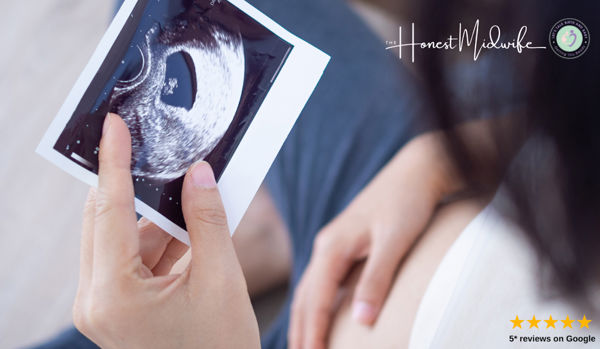A few weeks ago I received a letter in the post, reminding me it was time to schedule a smear test, I sighed and went to go and put the paper on the ubiquitous pile on the dining table. I caught myself and went and made a note in my calendar to book the appointment as soon as COVID-19 permits. I remember when I was first ‘invited’ about six months before my 25th birthday, when I promptly filed the letter away and made excuses as to why it wasn’t going to be convenient for me to have the appointment just yet. It took me nearly a full year to schedule that appointment, I used reasons like it was going to be difficult to have the time off work (It wouldn’t have been), it would be difficult to gauge when I wouldn’t be on my period (this was true because the pill sent them haywire), appointments needed to be booked super far in advance (only a fortnight at my very busy GP surgery) etc. etc. etc. I just didn’t want to do it, largely because I thought it would be embarrassing. I’d had examinations before so I knew it wasn’t really going to hurt me, but I just couldn’t bear the momentary awkwardness of having a stranger looking at me.
In abstract, I know that this is totally ridiculous and that as medical professionals they are not remotely interested in being judgy and actually probably just want it over and done with as quickly as I did. But still I was terrified to commit to that appointment until I did a little research into the consequences of missing it. Like many women my age, I was offered the HPV (Human Papillomavirus) vaccine in my final year of the sixth form but this vaccine only protects against 4 of the 100+ different types of cancer-causing HPVs- albeit the four that are the cause of more than 70% of cervical cancers in the UK. I learned that cervical screening a.k.a a smear test is one of the BEST ways to protect yourself from cervical cancer. It isn’t a test for cancer, it’s a test to help prevent cancer.
Your questions answered live by senior midwife Louise Broadbridge. A workshop covering what to expect in the early days, coping with morning sickness and planning for your first antenatal appointment.
From the age of 25 you will be asked to attend cervical screening every three years, I skipped a year due to pregnancy and have only just been summoned for my second cervical screening at nearly 29. Arguably 25 isn’t young enough to start screening but this is what the NHS currently offers. At the appointment a small sample of cells is taken from your cervix and is then checked for certain types of HPV that can cause changes to the cells of your cervix, these are the high-risk types of HPV. If these types of HPV are found, the sample of your cells is then checked for any changes in the cells of your cervix. These can be treated before they get a chance to turn into cervical cancer but an abnormal result does not mean you definitely have cancer. This is why your screening is so important, it’s your opportunity to catch the cells before they can develop into cancer.
Attending your cervical screening is crucial because cancer of the cervix often has no symptoms in the early stages. The consequences of not detecting cervical cancer early enough can be devastating, it can have a significant and long-lasting effect on your fertility and it can be life-threatening.
If you are especially nervous, flag this when you book your appointment. It might even be worth asking someone to come along with you and hold your hand. For most women it doesn’t really hurt, I didn’t experience any of the sharp crampings that the nurse warned me to expect. It is unlikely to be as bad as you build it up to be in your mind. The appointment lasts just a few minutes, and you will feel all the better for having ticked it off your to-do list.
The results don’t take long, I think I waited just a couple of weeks and I had a letter by post. If they do not find the types of HPV they are looking for, you won’t need further testing until your next cervical screening is due- it is worthless ten minutes of awkwardness and often minor discomfort for peace of mind.






